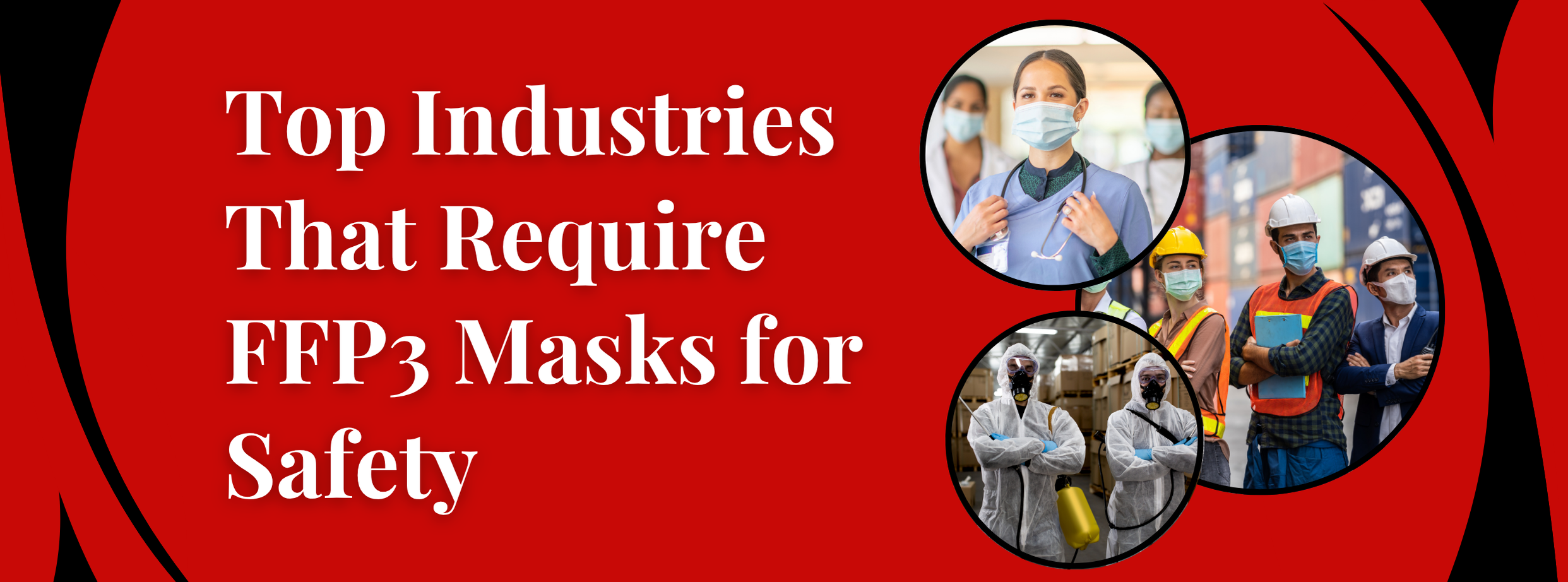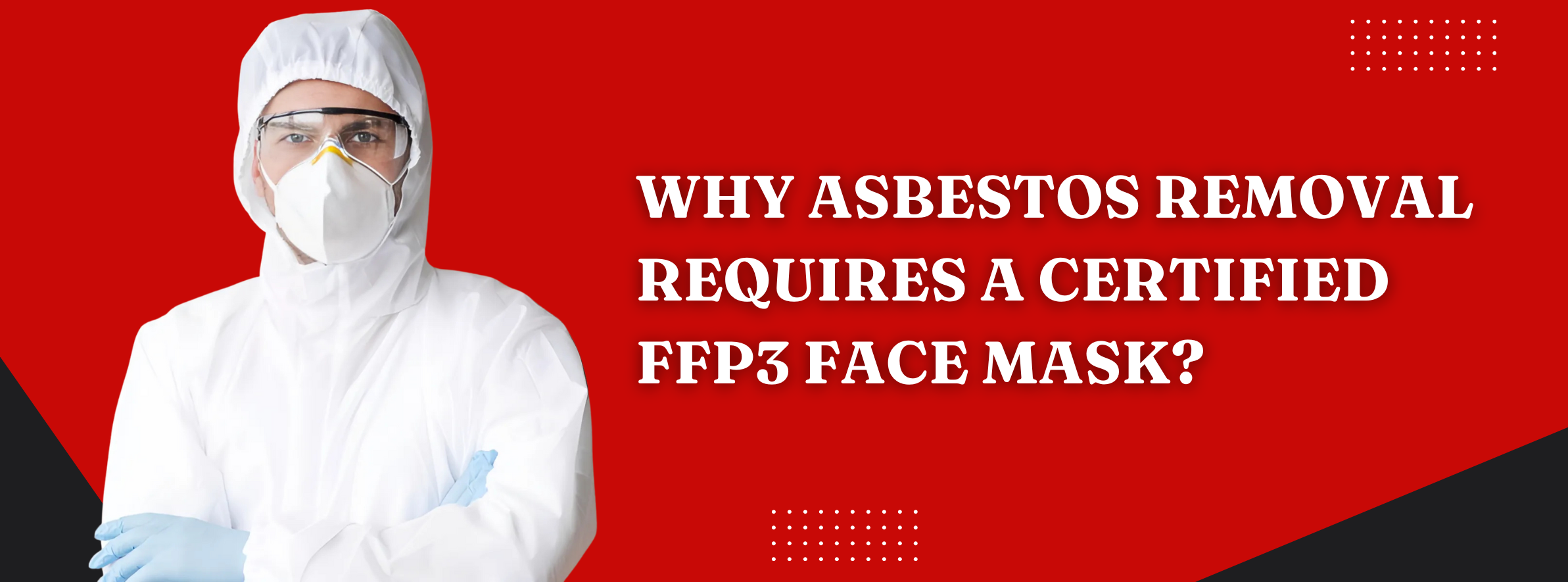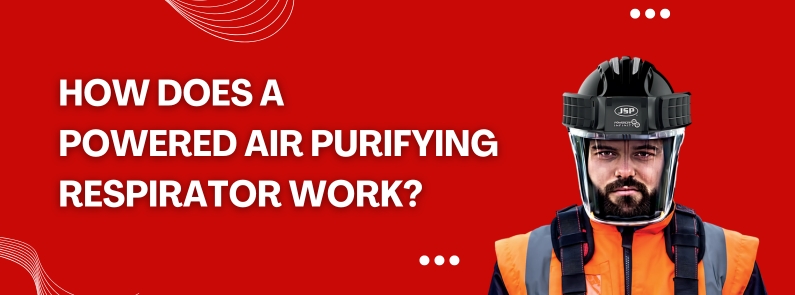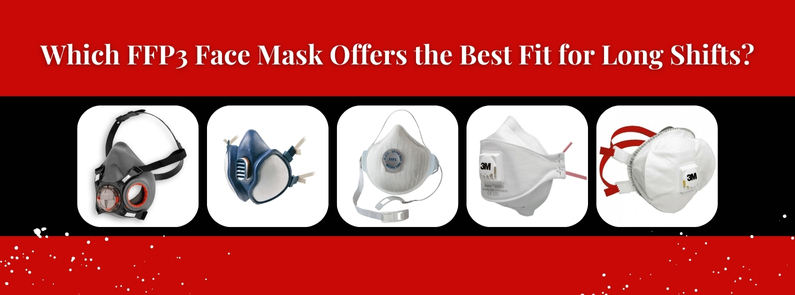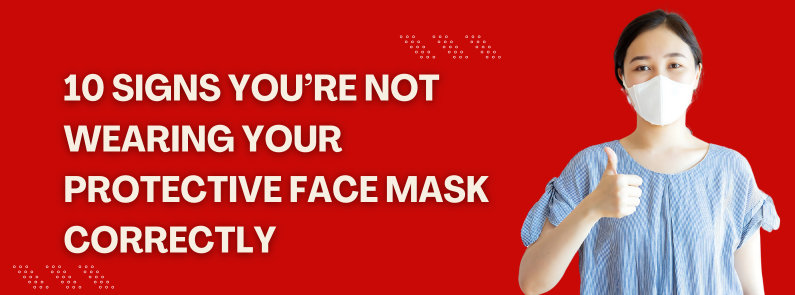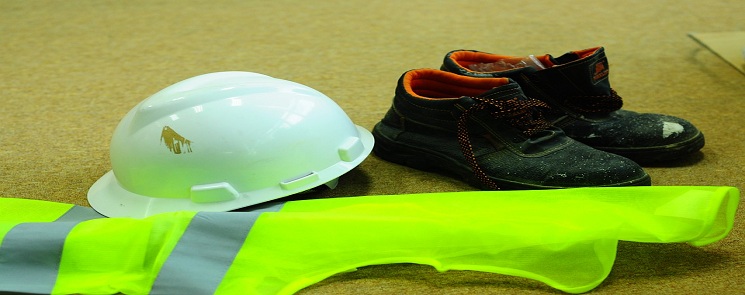
Personal Protective Equipment (PPE) is essential to protect employees from injuries or illness at the place of work. However, the selection of a PPE requires careful assessment of all the hazards present in the work environment. Read on to know how you can select proper PPE according to your work industry.
In any industry, the safety of its workers is paramount. Personal Protective Equipment (PPE) provides the last line of defence to protect the workers against injury. Selecting a PPE requires identification of all the hazards relevant to the particular industry. PPE selection needs assessment of the type, nature, and extent of hazardous situations present at the workplace.
We can classify PPE into the following categories depending on the work industry.
1. Eye and Face Protection:
Eye and Face are the most delicate human organs and require proper protection while working in an industrial environment. Chemical gases or vapours, flying dust particles, harmful light radiation, etc. can cause irreparable damage to them.
Carpenters, Machine Operators, Welders, Laboratory Workers, Painters, etc. are most susceptible to eye and face related injuries at work. PPE like safety glasses, goggles, laser-eyewear, surgical masks, dust masks, etc. offer them protection.
For example, wearing a spray mask reduces the eye and face irritation for painters. Similarly, workers involved in welding must wear industry-grade face shields, welder's helmet, and goggles.
2. Head Protection:
Head injury can be a light-threatening accident for any employee. Construction Workers, Electricians, Plumbers, Fitters, etc. are some of the occupations that require special gear for head-protection.
If your work involves the possibility of flying objects and tools or bumping into exposed objects, wearing a safety helmet or a hard hat can significantly reduce the danger. Apart from protecting the worker from impact, these PPE can offer protection against electrical shock or burning as well.
3. Respiratory Protection:
Whether you are working in a closed laboratory or an open construction site, there is always a possibility of inhaling foreign particles. Since the respiratory issues take some time to surface, workers often neglect respiratory protection. For example, asbestos PPE can limit the possibility of lung diseases due to asbestos exposure.
A simple dust mask can protect you from fumes, dust particles, bacteria, etc. Pharmaceutical workers in chemical laboratories can use particle-filtering FFP3 masks to avoid accidental inhaling of powders. Similarly, personnel dealing with paints must use high-quality spray masks for the protection of skin and respiratory organs from fumes and chemicals.
4. Hand Protection:
PPE for hand removes the possibility of accidental shock to electricians, absorption of harmful chemicals to laboratory workers, bruises or cuts to mechanical workers, and fractures or amputations to heavy machinery operators.
While gloves offer adequate protection, wearing the right type of glove can be life-saving. For example, while powder-free nitrile gloves offer resistance from chemicals, they might not be enough for electrical shock that requires insulated glove. Similarly, if your arm is susceptible to bruises or cuts at work, consider wearing arm length wire-mesh gloves.
5. Foot and Leg Protection:
A simple disposable shoe cover not only protects from dust, it also maintains a hygienic work environment. Similarly, workers dealing with fluids must wear slip-resistant shoes to improve their balance in slippery surfaces.
Employees involved with heavy machinery, construction, and mechanical work require specially designed boots with steel reinforcements. Similarly, insulated safety shoes offer shock protection to the Electrical workers.
6. Hearing Protection:
Although several laboratories and industries use noise monitoring, it may not be practical to measure noise always. Especially while working in industries like Construction, Mining, Plumbing, etc., employees must use hearing protectors.
Single-use earplugs and canal caps are easy to use and offer essential protection while working with loud machinery. Ear-muffs, on the other hand, are reusable and provide over the ear protection. While selecting a hearing protector, you must check compatibility with other PPE like safety glasses, dust masks, etc.
PPE for Your Safety:
Ensuring safety at work requires active collaboration between management and the employees. While selecting PPE according to your work industry, you must take all possible hazards into hazards. The protection measures mentioned above highlight common risks associated with different work industries. By using these PPE, you get peace of mind to concentrate on your work.

